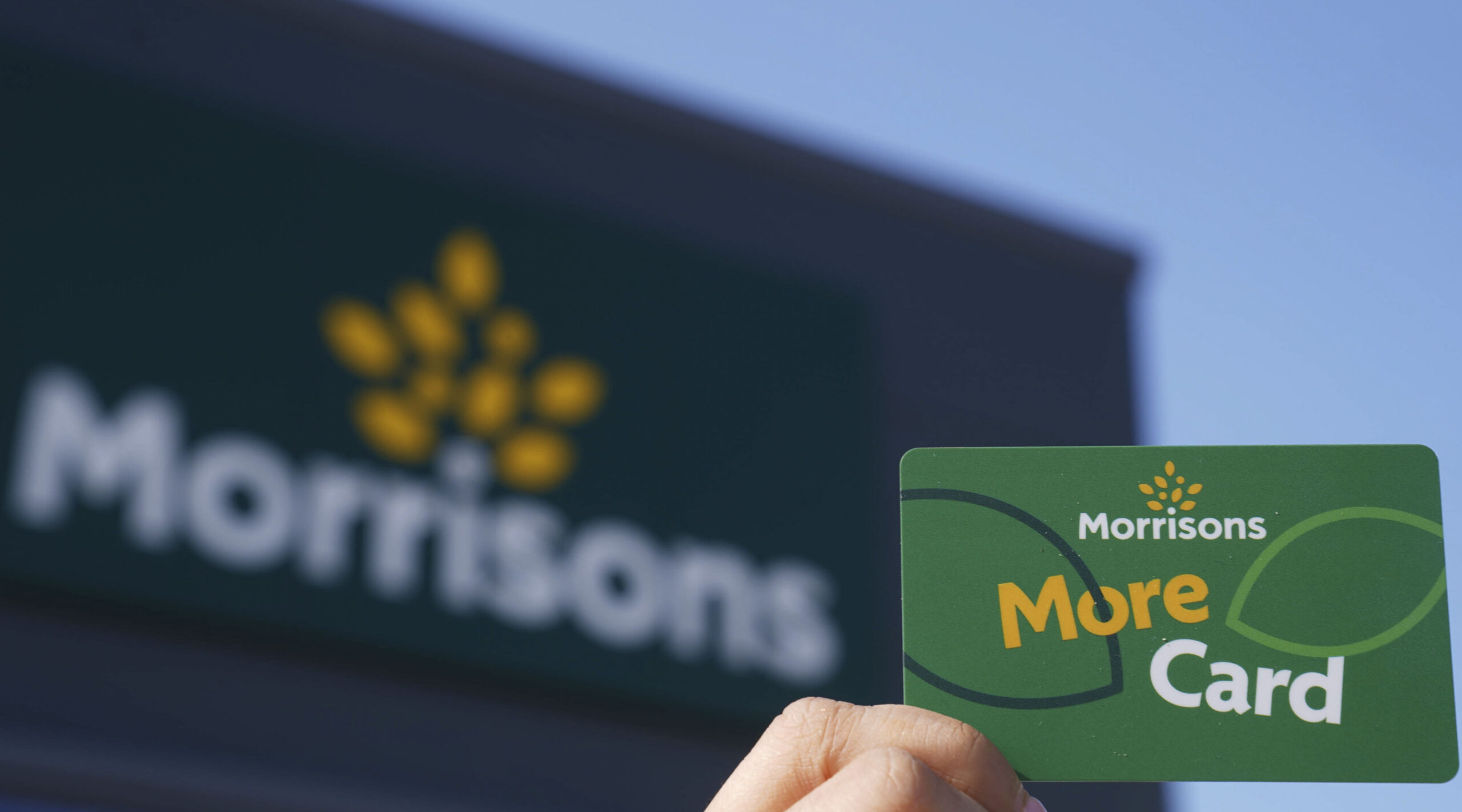
The cost of food prices slipped from 0.6% recorded in May, which is below the three-month average of 0.5%, according to the British Retail Consortium (BRC).
Food inflation decelerated by the 14th consecutive month to stand at 2.5%, a drop from 3.2% the month before.
Shoppers also saw the cost of fresh food slow down to 1.5% from 2% in May, which is below the three-month average of 1.9%, too.
Elsewhere, non-food inflation slipped to -1.0% to arrive at its lowest level since October 2021.
In May, shop price inflation returned to “normal levels” after three years of accelerating costs for families in the UK to stock their cupboards.

Wellness and wellbeing holidays: Travel insurance is essential for your peace of mind
Out of the pandemic lockdowns, there’s a greater emphasis on wellbeing and wellness, with
Sponsored by Post Office
The continued easing of food and non-food costs comes at a time when the Consumer Prices Index (CPI) measure of inflation returned to the Bank of England’s target of 2% – the lowest since 2021.
Strategy by retailers ‘is clearly paying off’
Helen Dickinson, chief executive of the BRC, said: “During the height of the cost-of-living crisis, retailers invested heavily in improving their operations and supply chains to compensate for the impact of global shocks on input costs.
“This is clearly paying off, with shop prices having risen just 0.2% over the past 12 months. Food inflation is now lower than any time since 2021, helped by falling prices for key products such as butter and coffee.
“Meanwhile, non-food prices went deeper into deflation as retailers tried to drive sales by discounting. This was particularly true for TVs, with great deals to capitalise on the Euros (men’s football European Championship) fever.”
Meanwhile, Dickinson believes whoever wins the general election on 4 July will benefit from retailers that have contributed to the price drops, but the victorious party will still have tough decisions to make to help the retail industry.
She added: “The last few years should serve as a warning that where business costs rise significantly, consumer prices are forced up, too.
“The next Government must address some of the major cost burdens weighing down the retail industry, including the broken business rates system, and inflexible apprenticeship levy.
“By doing so, retailers can invest in lower prices for the future – helping to reduce the cost-of-living pressures that many families face.”




